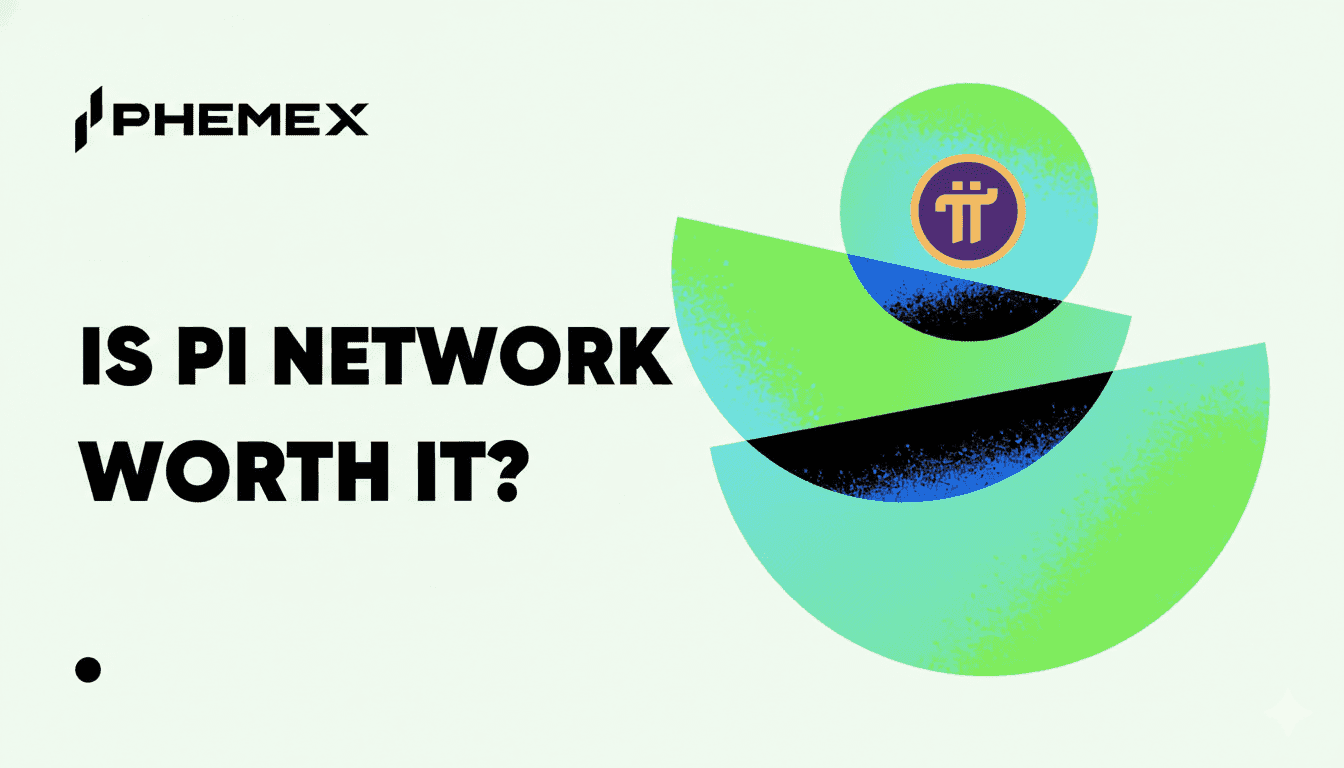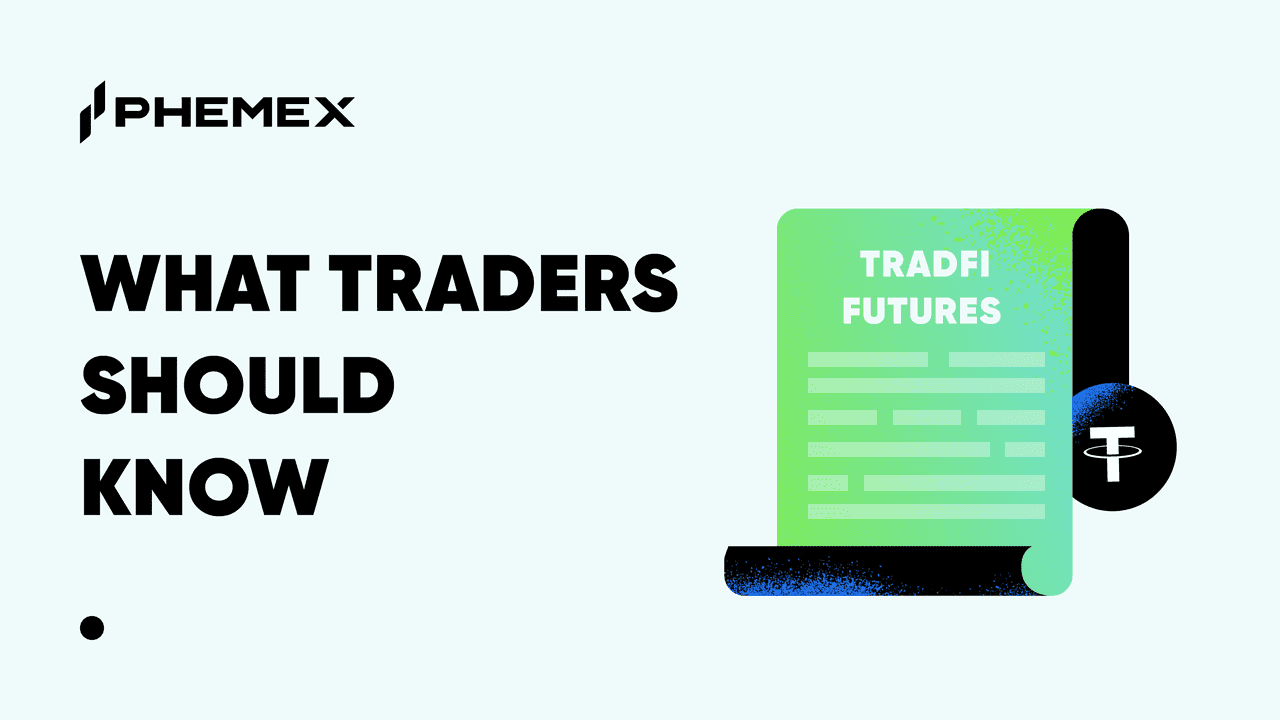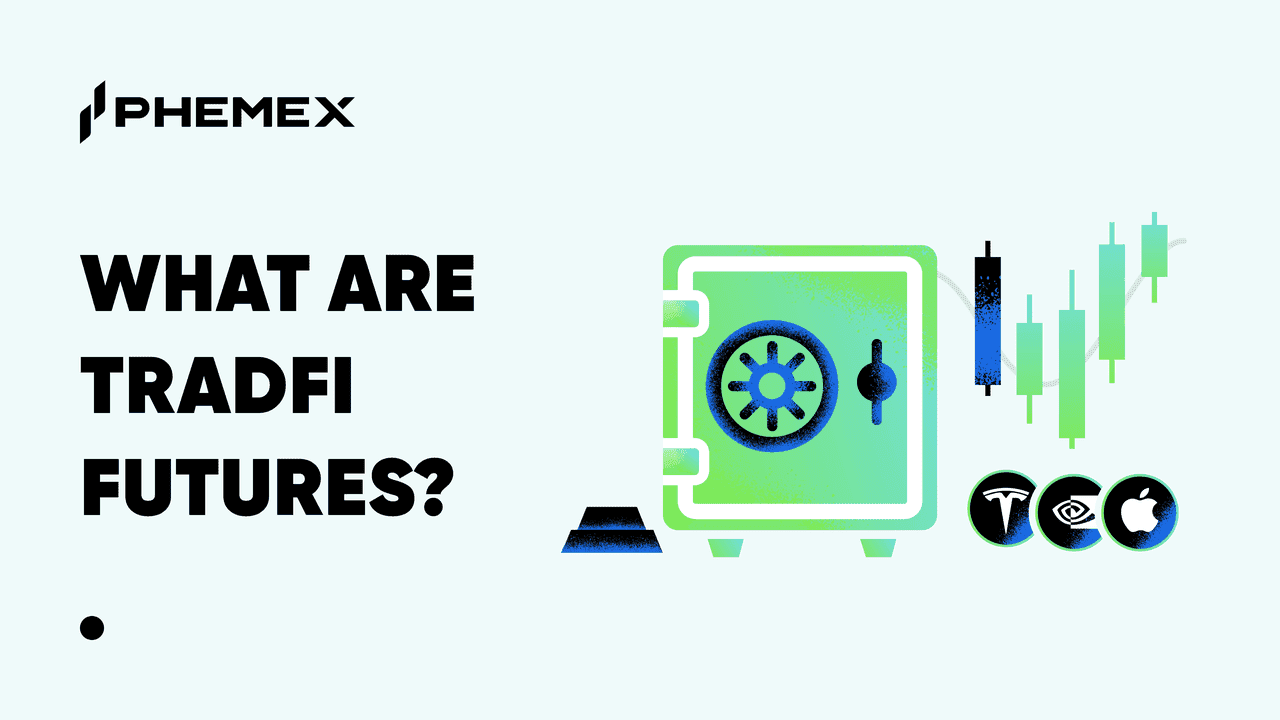Forwards and futures contracts may have originally been invented for traditional and historical trades, but these trading methods have made it from the traditional stock market and into the new and evolving decentralized Web 3.0 sphere.

What are crypto futures?
Cryptocurrency futures are financial contracts that allow two parties to agree to buy or sell a cryptocurrency at a future date and price. Futures can be used to hedge against risk or speculate on the price movement of a cryptocurrency, without owning the assets themselves.
Crypto futures are generally traded on margin, meaning that both sides of the contract must put up collateral. This collateral can be in the form of cash, cryptocurrencies, or other assets. The value of the collateral is often much higher than the value of the contract itself.
For example, a Bitcoin futures contract with a value of $10,000 might require collateral of $100,000. This high level of collateral is necessary because cryptocurrency prices are highly volatile and can fluctuate rapidly. When one party to a contract buys or sells the underlying asset (in this case, Bitcoin), they must post additional collateral to cover their positions. If the price moves against them and they are unable to post more collateral, their position will be liquidated and they will incur a loss.
Some exchanges offer insurance products that protect against losses due to price movements, but these products are not available on all exchanges and may not cover all types of losses. In order to trade cryptocurrency futures, investors must have an account with a broker that offers these products. Brokers typically charge commission on each trade, as well as a daily fee for positions that are held overnight. Some brokers also charge for currency conversions if the account is denominated in a currency other than USD.
Cryptocurrency futures can be traded on both spot and margin exchanges. Spot exchanges allow investors to buy and sell cryptocurrencies at current prices, while margin exchanges allow investors to trade with leverage.
Leverage magnifies both gains and losses, so it should be used with caution. In general, cryptocurrency futures are suitable for well-capitalized investors who are comfortable with volatile markets and able to handle potential losses.
Bitcoin Futures – How Does It Work?
Bitcoin futures, the most popular type of crypto futures contracts, were first introduced in December 2017 by the Chicago Mercantile Exchange (CME). Since then, various other exchanges have launched cryptocurrency futures, including the Chicago Board Options Exchange (CBOE) and the Tokyo Stock Exchange (TSE).
Bitcoin futures allows investors to take advantage of the transparency, price discovery and risk management capabilities while also having a safety net for any direct exposure. It is perfect if you want more control over your investment than just buying coins on an exchange or gambling with sharp moves in cryptocurrency prices.
For example, if you expect the price of Bitcoin to go up in the future, you could buy a Bitcoin futures contract. If the price of Bitcoin goes up as you expected, you would make a profit on your contract. If the price goes down, you would lose money. Some cryptocurrency exchanges offer futures contracts for trading.
These contracts can be traded with leverage, which means that you can put down a small amount of money and control a much larger amount of the underlying asset. This can magnify your gains or losses. As such, trading futures is a more advanced trading strategy and is not suitable for everyone.
How to Trade Crypto Futures Profitably
- Know your exchange. Not all exchanges offer the same products or services, so it’s important to do your research and select an exchange that meets your needs.
- Consider your risk appetite. Futures trading is not for everyone, and it’s important to understand the risks involved before putting any money at stake.
- Have a plan. Before entering any trade, it’s crucial to have a well-defined plan. Try to develop a clear understanding of why you’re entering the trade and what your exit strategy will be.
- Be patient. Many newcomers to futures trading get impatient and try to force trades, but this is often a recipe for disaster. It’s important to wait for the right opportunity and be patient when trading futures.
- Manage your risk. One of the most important aspects of futures trading is risk management. Be sure to set stop-losses and take-profits, and don’t over-leverage your position. If you can master these five things, you’ll be well on your way to profitably trading bitcoin futures.
How are Crypto Futures Contracts Different From Spot Trading?
Crypto futures are not traded with any underlying assets but with their price action. They are thus ideal for the crypto market as they are usually fast paced and settled daily. This works well in crypto thanks to this asset type being highly volatile and liquid—meaning lots of movement and potential for profit. Crypto futures enable margin trading with high leverage.
Also, crypto futures are traded on more centralized crypto exchanges, as opposed to decentralized exchanges (DEXs) such as UniSwap or SushiSwap.

Types of Cryptocurrency Futures Contracts
Cryptocurrency futures contracts come in different shapes and sizes, each with its own unique set of benefits and risks.
1) Standard futures contract
The most common type of contract is the standard futures contract, which is a legally binding agreement to buy or sell a certain amount of cryptocurrency at a specified price on a specified date in the future. These contracts are standardized to ensure fairness and traders can use them to speculate on the future price of a cryptocurrency, hedge against price risk, or even lock in a price for physical delivery of cryptocurrency.
However, standard futures contracts come with the risk of having to make or take delivery of the underlying asset, as well as the possibility of having to pay or receive futures margins if prices move against traders positions.
2) Physically-delivered contract
Another type of cryptocurrency futures contract is the physically-delivered contract. These contracts are similar to standard futures contracts, but they settle with the actual delivery of cryptocurrency instead of cash. This type of contract is often used by traders who want to take physical delivery of the underlying asset, such as when buying cryptocurrency for long-term investment purposes. However, these contracts also come with certain risks, such as counterparty risk and storage risk.
3) Perpetual contract
Finally, there are perpetual contracts, which are a type of cryptocurrency futures that does not have a fixed delivery date. Instead, these contracts roll over perpetually and settle daily. Perpetual contracts are often used by traders who want to speculate on short-term price movements or hedge against volatility risk.
However, because these contracts do not have a fixed expiration date, they can be subject to large mark-to-market swings if prices move sharply against trading positions. As a result, perpetual contracts are considered to be relatively high-risk instruments and are not suitable for all investors.
Crypto perpetual contracts have been adopted by major crypto exchanges, including Phemex, which offers BTC Perpetual contracts and USD Perpetual contracts.
What are Crypto Forwards?
Crypto forwards are less common than crypto futures. This is because cryptocurrency trading (as well as fiat currency trading) is a relatively straightforward trade with few elements to consider—mostly price, time, and coin or token. This means there is no need to personalize the contract, resulting in no reason to take on the added counterparty risk inherent from the private trades of a crypto forward.
Futures vs Forwards
Forward contracts and futures contracts are both types of derivative instruments that allow market participants to offset or hedge the risk of an asset’s price changes over time. In addition, they allow for traders to participate in trades by betting on price direction without having to first invest any capital. While both forward contracts and futures contracts involve the purchase or sale of an asset at a future date, there are some key differences between the two.
- Security of contract fulfillment: A futures contract is a regulated and legally binding agreement to buy or sell a standardized asset on a specific date or in a specific month, making it perfect for traders looking for security in contract fulfillment. A forwards contract, as a private over-the-counter contract between the involved parties, does not afford the same level of security.
- Tailored contracts: A forwards contract allows for personalization, making it ideal for those traders that wish to factor in many components. For example, the counterparties could factor in the changing costs of materials and grain for agricultural commodities, or they could agree on specific payment terms (for example, a deposit followed by full payment at the end of the predetermined finalization date). Futures contracts are standardized, however, meaning that there is less flexibility.
- Early exit: Although forwards, as agreed by independent parties, could be terminated early based on mutual agreement, this is not the norm. Futures contracts, on the other hand, are terminated early most times. This allows traders to cut their losses when the price is going against them and to quickly move on to the next futures contract in the search of profits—many futures contracts are only active from one day to the next (from market to market).
Difference between futures and forwards | |
Forwards | Futures |
| Private contract between two parties — traded in over the counter (OTC) markets. | Traded on an exchange (stock, crypto, etc.) |
| Not standardized | Standardized |
| Usually one specified delivery date | Range of delivery dates, e.g., the week following the maturity date |
| Settled at the end of the contract | Settled daily |
| Delivery or final settlement usual | Usually closed prior to contract completion |
| Some counterparty risk | Virtually no counterparty risk |

Conclusion: Factors to Consider Before Trading Futures
Trying your hand at futures trading? Before you jump in, there are a few things you should take into account. First, futures contracts are complex financial instruments and can be risky. It’s important to do your homework and understand how the system works before you start trading.
Second, you’ll need to have access to a good deal of capital. Futures contracts are highly leveraged, which means that you can control a large position with a relatively small amount of money. However, this also means that losses can quickly mount up if the market moves against you.
Finally, remember that the futures market is open 24 hours a day, so you’ll need to be prepared to monitor your positions around the clock. By taking these factors into consideration, you can give yourself a better chance of success in the futures market.
Read More
- What are Crypto Futures & How do They Work?
- Contango vs Backwardation: Does it Work for Bitcoin Futures?
- What are Crypto Derivatives: Most Popular Bitcoin Derivatives Explained
- What is Contract Trading: How to Trade Crypto Derivatives on Phemex
- What are Crypto Derivatives & How do they Work?
- What is Contract Trading in Crypto & How does it Work?
- What are Crypto Options & How do They Work?
- What Is CFD Trading? Is It Good For Beginners?








